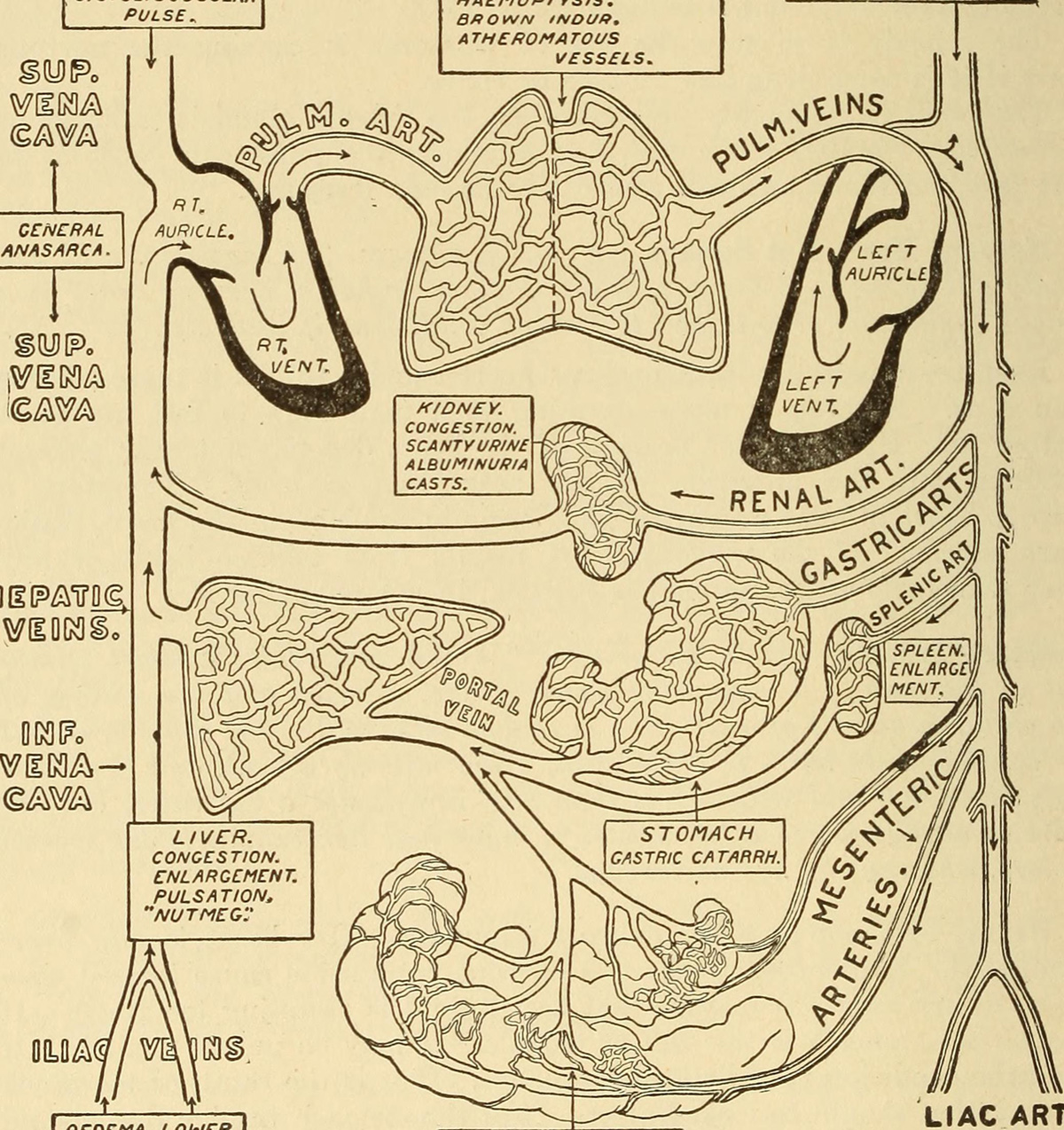
Syncope or simply fainting is a temporary loss of consciousness. Such loss of consciousness may be also associated with loss of muscle tone. In this case one usually falls or slumps over.
The human brain is a magical organ comprising two hemispheres, the cerebellum and brainstem. In order for the brain to function normally, it has to have continuous supply of oxygen and glucose. The reticular activating system of the brain keeps the body awake and the very state of being awake occurs only when one hemisphere (at least) is functioning. In case of syncope either the reticular activating system is deprived from blood supply or both hemispheres become temporarily restricted from proper supply of oxygen and glucose.
It is essential to differentiate fainting from loss of consciousness due to a head injury. In case of head trauma loss of consciousness is a consequence of concussion and there is also disturbed supply of blood but the underlying cause is different.
Underlying Causes of Syncope
The main reason why syncope occurs is lack of blood supply to the brain. It can develop as a result of failure of the heart to pump blood, loss of tone of blood vessels which is necessary for maintaining blood pressure and delivery of blood throughout the body, or if there is not enough blood in the circulatory system. Even a combination of the mentioned is possible.
Treatment and Prevention of Syncope
In case the underlying cause of syncope is identified, once it is brought under control, episodes of syncope will not occur again. Patients may seem otherwise healthy. However, if it seems that there is more than fainting involved, a person should be taken to a hospital.
Depending on the underlying cause some episodes of syncope may be prevented. For instance, patients with a vasovagal episode are usually aware of the warning signs and may have enough time to sit or lie down before they actually pass out and this way avert fainting episode. This adaptive mechanisms may fail in older individuals.
Under certain circumstances syncope may be related to intake of some drugs. Prevention of such fainting can be, therefore, achieved with discontinuation of the drug.
Sometimes syncope may affect individuals who are dehydrated. This is also preventable by intake of sufficient amounts of fluid, particularly during hot summer days or when spending too much time in the sun.
Finally, syncope and sudden death in younger athletes may be prevented by a variety of screening tests which evaluate the risk of sudden death. Still, experts have not agreed on who exactly of athletes and when should be screened.





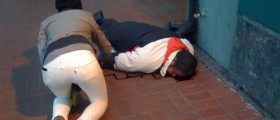
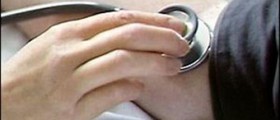


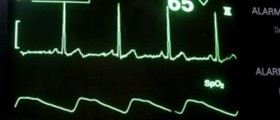

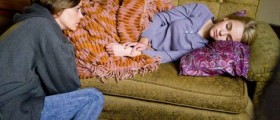





Your thoughts on this
Loading...